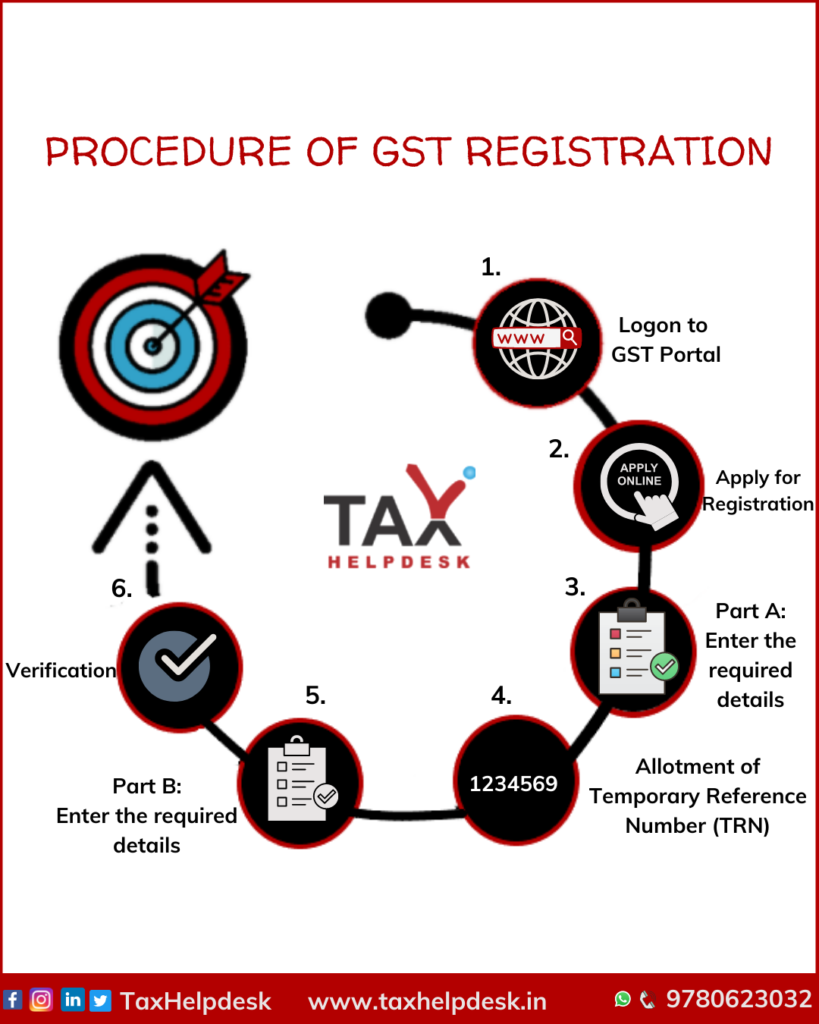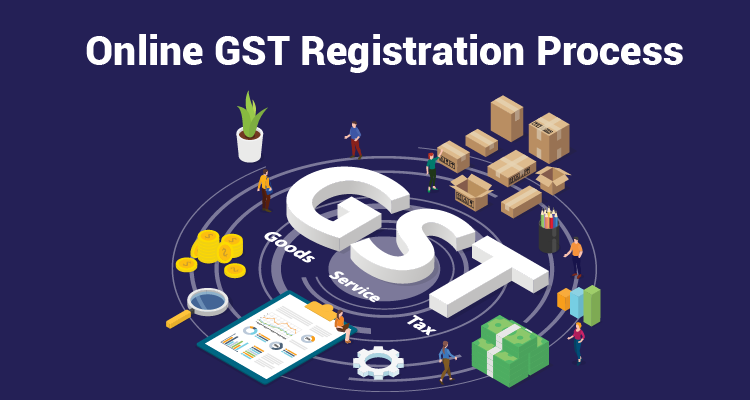Comprehensive Overview to the very best GST Registration Services in Singapore
Comprehensive Overview to the very best GST Registration Services in Singapore
Blog Article
From Beginning to End Up: The Ultimate Roadmap to GST Enrollment for Companies Seeking Financial Stability
Navigating the complexities of Product and Provider Tax (GST) enrollment is an essential action for businesses aiming for economic stability. From recognizing the fundamental principles of GST to adhering to post-registration standards, the procedure can seem daunting in the beginning glimpse. Damaging down the roadmap right into workable actions can simplify the enrollment trip for organizations looking to boost their financial standing. Let's check out the crucial parts that make up this ultimate roadmap and discover exactly how each stage adds to laying a solid foundation for financial success.
Recognizing GST Essentials
Diving into the essential principles of Item and Provider Tax Obligation (GST) is necessary for obtaining a thorough understanding of its ramifications on companies and the economy. GST is a value-added tax imposed on a lot of goods and solutions for residential consumption. It has actually changed several indirect taxes that existed in the pre-GST era, streamlining the tax structure and enhancing ease of doing service in India. Under the GST system, both services and products are exhausted at a specific price, which is identified based on their category. If their yearly turnover exceeds the threshold limitation established by the federal government, services are required to sign up for GST. Input Tax Credit Rating (ITC) is a substantial function of GST, permitting companies to assert credit history for tax obligations paid on inputs, decreasing the total tax worry. Understanding the fundamentals of GST is essential for services to adhere to tax obligation guidelines, manage their financial resources efficiently, and add to the nation's financial growth by joining a transparent tax system.
Qualification Requirements for Enrollment
As of the existing regulations, the threshold restriction for GST registration is a yearly accumulation turnover of 40 lakhs for organizations operating within a state, other than for special category states where the limitation is 20 lakhs. In addition, specific organizations are required to register for GST regardless of their turnover, such as interstate vendors, informal taxable individuals, and organizations responsible to pay tax obligation under the reverse cost mechanism. It is critical for businesses to extensively assess their turnover and deal kinds to determine their GST enrollment commitments accurately.
Files Needed for Enrollment
Having satisfied the qualification standards for GST enrollment, businesses need to now ensure they have the requisite files in position to proceed with the enrollment procedure successfully. The papers required for GST registration generally include evidence of business constitution, such as partnership action, registration certificate, or unification visit homepage certification for various sorts of organizations. Additionally, businesses need to offer documents establishing the major place of business, such as a rental agreement or electrical power expense. PAN card of business, in addition to the identification and address evidence of promoters/partners/directors, are necessary for confirmation functions. Checking account declarations, together with canceled cheques or a copy of the financial institution passbook, are called for to validate the financial information supplied during registration. Organizations should have digital trademarks prepared for the licensed signatory. Ensuring all these records are arranged and readily available will certainly accelerate the GST registration procedure, enabling organizations to follow tax laws effortlessly.
Step-by-Step Registration Refine
Starting the GST registration procedure entails a series of structured steps to make certain a click this compliant and smooth enrollment for companies. The very first step is to check out the GST website and submit the enrollment form with accurate details of business entity. Following this, the applicant gets a Short-lived Recommendation Number (TRN) which is made use of to resume the application process if it's not completed in one go.
Following, all needed papers based on the list given by the GST portal requirement to be posted. These records usually consist of evidence of business address, enrollment and identity evidence of marketers, economic statements, and company entity's PAN card.

Post-Registration Compliance Guidelines

Verdict
Finally, organizations looking for economic security needs to comprehend the basics of GST, meet eligibility criteria, collect needed files, follow the detailed enrollment process, and adhere to post-registration standards - Best GST registration services in Singapore. By sticking to these steps, services can ensure conformity with tax obligation policies and maintain monetary stability over time
Furthermore, certain businesses are needed to register for GST regardless of their turnover, such as interstate suppliers, laid-back taxable individuals, and companies liable to pay tax obligation under the reverse charge device.Having fulfilled the eligibility standards for GST registration, businesses need to now guarantee they have the requisite documents in location to proceed with the enrollment procedure effectively. The documents required for GST enrollment normally include evidence of business constitution, such as partnership act, registration certification, or incorporation certification for different types of organizations. Furthermore, organizations need to supply records establishing the primary area of company, such as a rental arrangement or electrical power bill.Starting the GST enrollment process entails a collection of structured actions to ensure a compliant and seamless enrollment for businesses.
Report this page